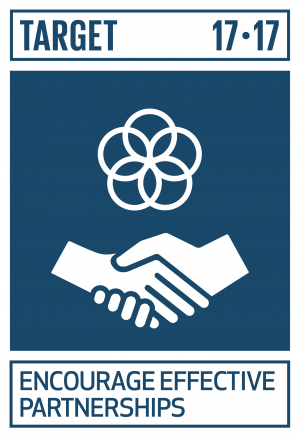Battery Circular Economy
Sustainability Driven.
Committed to a better environment.
Our pursuit of a truly circular economy permeates every facet of our organization. From the reclamation methods we use in our alkaline processing line to the reusable plates and silverware in our breakroom, sustainability is key to the choices we make.
The circular economy can look like battery recycling, but that is just one part. Beyond reclaiming materials that could be lost to landfills, reduction of consumption and renewal of existing technology will have the biggest impact on depletion of natural resources in the coming decades. For us, renewal is already part of the business plan.




Recycling
We are committed to recycling every possible material from every battery. Beyond the steel casing and base minerals, we find new and innovative uses for the other materials, like plastics and packaging.
Conservation
Outside of the typical versions of reuse, we have also expanded into conservation. Partnering with local groups in southeast Michigan, we have contributed hybrid vehicle and electric vehicle battery shells to be turned into wildlife habitats. Generally sent for recycling these Metal cases have become a shelter for migrating ducks and a pre-structured hive environment for threatened bee populations.
Device Renewal
We restore broken and unwanted cell phones and tablets back into usable tech. By diverting unwanted technology from being broken down into its components we use less energy and manpower while creating more valuable material through an already assembled device. Similarly, we offer gently used or unused but unboxed electronics accessories that would otherwise be discarded. Consumers are able to save a few dollars while making a greener choice.
Education
Forming healthy habits takes hard work and having the right tools. For the many municipalities and communities we work with, we know that providing the right resources to educate everyday consumers can make the biggest difference in the battery and electronics recycling industry. We offer tours and education programs on site at our facilities, working with EGLE (The Michigan Department of Environment, Great Lakes, and Energy) as well as smaller local groups to promote battery recycling.
Explaining battery recycling does not have to be a scary, technical process for adults only. Green technologies are part of education at all levels now, and we are happy to help whenever we get a call from a student researching for a paper or science fair project. A Michigan Girl Scout troop even worked with us to develop a battery recycling badge! Our resource center has helpful handouts for all ages.
Global Connections
To help secure the future for these young recyclers, we are committed to supporting recycling at all levels. We know that the global commitment to a sustainable future is not bound by state or international borders. Outside of our direct community involvement, we are also supporters of the United Nations Sustainable Development Goals (SDGs).
Getting Us There: The Sustainable Development Goals

Target 7.A: PROMOTE ACCESS TO RESEARCH, TECHNOLOGY AND INVESTMENTS IN CLEAN ENERGY
By 2030, enhance international cooperation to facilitate access to clean energy research and technology, including renewable energy, energy efficiency and advanced and cleaner fossil-fuel technology, and promote investment in energy infrastructure and clean energy technology.
How we help:
- Work with OEMs to recycle developing battery technologies.
- Partner with energy companies to support sustainability efforts and reduce environmental impact.
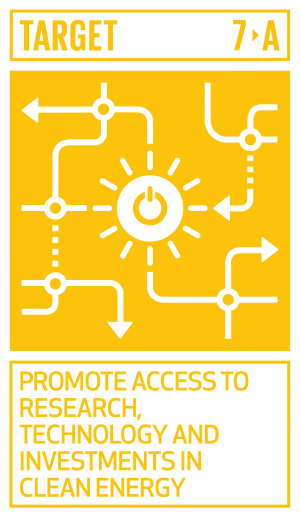
Target 12.2: SUSTAINABLE MANAGEMENT AND USE OF NATURAL RESOURCES
By 2030, achieve the sustainable management and efficient use of natural resources.
How we help:
- Recover critical minerals from spent batteries and e-waste to supply them into the secondary commodity market.
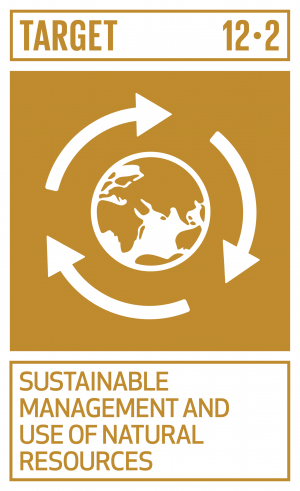
Target 12.4: RESPONSIBLE MANAGEMENT OF CHEMICALS AND WASTE
By 2020, achieve the environmentally sound management of chemicals and all wastes throughout their life cycle, in accordance with agreed international frameworks, and significantly reduce their release to air, water and soil in order to minimize their adverse impacts on human health and the environment.
How we help:
- Hazardous material stewardship.
- Prevent especially harmful substances (lead, mercury, cadmium) from entering landfills and groundwater by diverting disposed batteries to recycling.
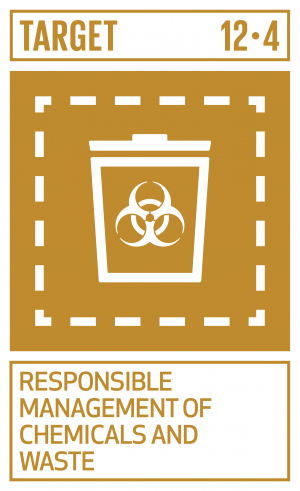
Target 12.5: SUBSTANTIALLY REDUCE WASTE GENERATION
By 2030, substantially reduce waste generation through prevention, reduction, recycling and reuse.
How we help:
- Promote recycling and reclamation of batteries and e-waste.
- Renew gently used electronics for second life usage.
- Educate consumers on the recyclability of alkaline and zinc carbon batteries that have been promoted as “landfill friendly”.
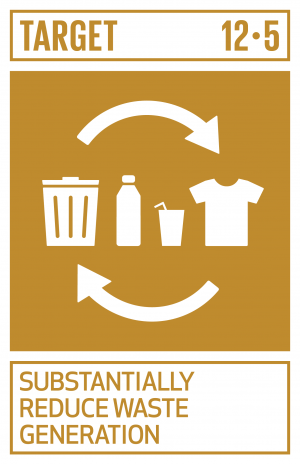
Target 12.6: ENCOURAGE COMPANIES TO ADOPT SUSTAINABLE PRACTICES AND SUSTAINABILITY REPORTING
Encourage companies, especially large and transnational companies, to adopt sustainable practices and to integrate sustainability information into their reporting cycle.
How we help:
- Create e-waste stewardship programs for organizations with full program management, making them as hassle-free as possible.
- Educate organizations on opportunities to recycle materials that are not currently part of their sustainability plans.
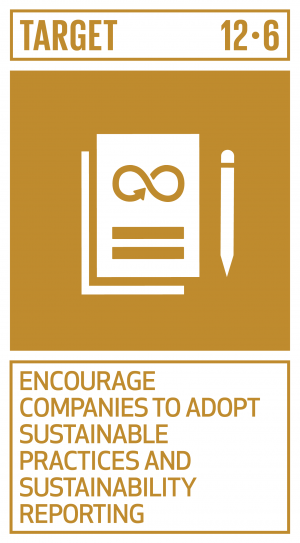
Target 12.8: PROMOTE UNIVERSAL UNDERSTANDING OF SUSTAINABLE LIFESTYLES
By 2030, ensure that people everywhere have the relevant information and awareness for sustainable development and lifestyles in harmony with nature.
How we help:
- Lead community education on battery and electronics recycling at all levels.
- Create curriculum for classrooms and scout troops to develop recycling habits at a younger age while promoting sustainability within the whole community.
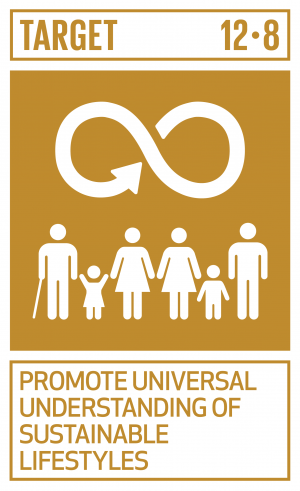
Target 17.17: ENCOURAGE EFFECTIVE PARTNERSHIPS
Encourage and promote effective public, public-private and civil society partnerships, building on the experience and resourcing strategies of partnerships.
How we help:
- We connect to community organizations, municipalities, military forces, government organizations, non-profits, and businesses of all sizes to find sustainable solutions for their e-waste and batteries.
- Education is a large part of what we do, helping a single sustainably officer educate and promote a program across departments and greater organizational barriers.
